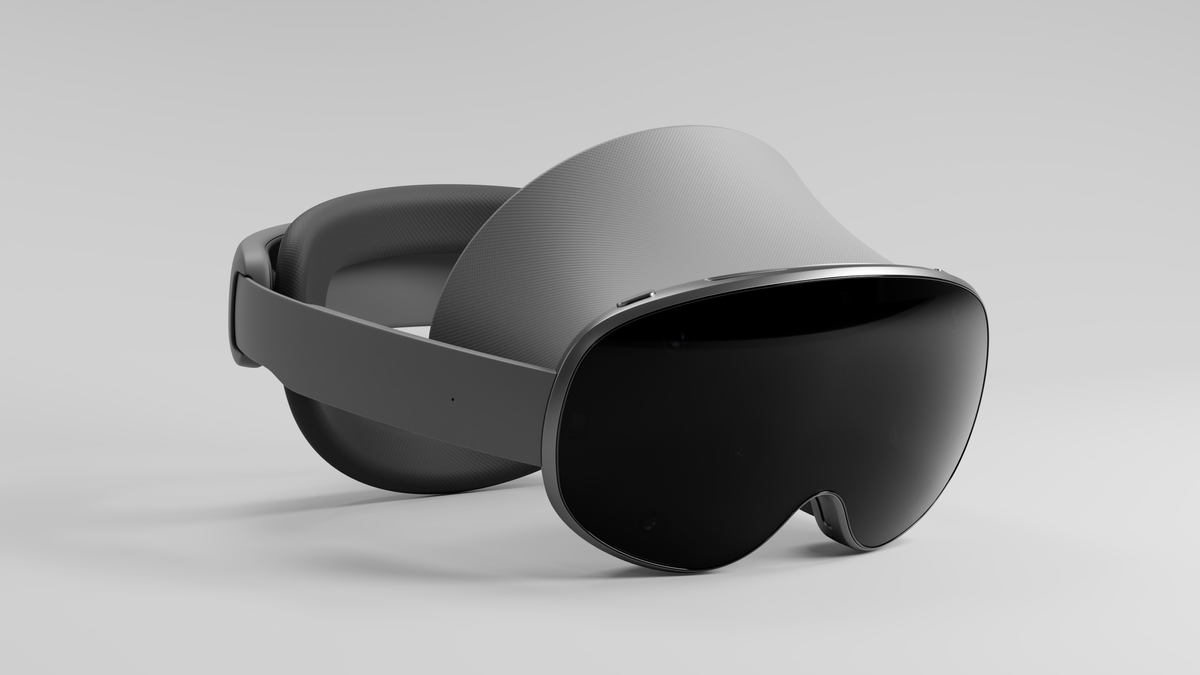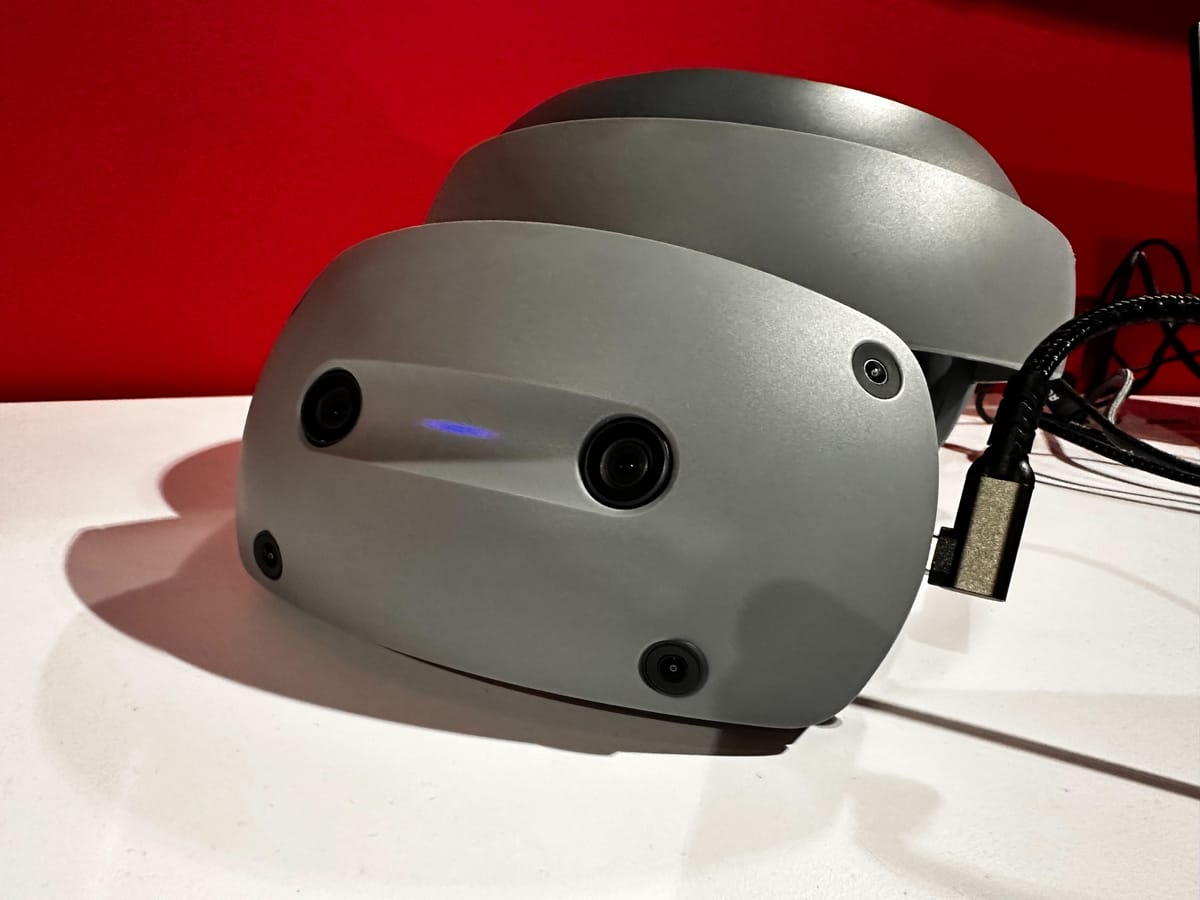Sony, Lynx, and Xreal are building Android XR devices.
Hands-On With Samsung’s Android XR Headset, Shipping In 2025
Samsung’s Android XR headset is launching in 2025, and we went hands on. Read the details and our impressions here.

If you missed the news, Samsung finally revealed its standalone headset today, and Google revealed the Android XR platform that it will run. We went hands on with it, and you can read our impressions here.
Samsung’s headset will be the first Android XR device. But Google is building a platform it hopes will be the industry standard, and at least three other companies are already building devices to run it: Sony, Lynx, and Xreal.
First Impressions: Sony’s Standalone Headset For Creatives
We briefly tried out Sony’s upcoming standalone headset powered by the Snapdragon XR2+ Gen 2.

It’s unclear whether the Sony device is the standalone headset it announced at CES 2024 at the start of this year, or whether Android XR will only run on future iterations of the device.
Meanwhile, Lynx tells UploadVR that while its existing R1 headset will remain “as is”, it is building a new headset that will run Android XR.
As for Xreal, there are no details yet of what it’s working on. But given the company’s past and present products, it seems possible this could be the first transparent optics Android XR device. Google says the core Android XR operating system is designed to scale from full-featured mixed reality headsets down to simple HUD glasses.
Could Xreal be building the first Android XR HUD glasses?
Of course, Android XR is not alone in the market. Meta wants hardware makers to adopt its Horizon OS platform, which its Quest headsets run, instead. ASUS and Lenovo are the first companies confirmed to be building Horizon OS headsets, but we have yet to see a reveal from either.
Google’s strength is that Android XR headsets will include “most” of its Play Store of flatscreen tablet and phone apps, as well as its cross-platform services like Chrome, Google Maps, and Google Photos, already used by a huge percentage of smartphone and PC owners on the planet.
Without subsidized hardware though, and seemingly without tracked controllers in the box, Android XR might struggle to attract many of the developers of the immersive gaming library on Horizon OS. And beyond Owlchemy Labs, which makes relatively casual games, Google hasn’t acquired gaming studios to build AAA VR exclusives like Meta’s Batman: Arkham Shadow and Asgard’s Wrath 2. Worse, Google’s most recent attempt at working with game developers, Stadia, spectacularly failed.
Still, Android XR could carve out a space in the market as a relatively open competitor to Apple’s visionOS, primarily focused on virtual screens and integrations with existing apps and services, rather than a direct competition to everything Meta is doing with its Quest headsets.
| Apple visionOS |
Meta Horizon OS |
Google Android XR |
|
| First-Party Hardware |
✅ | ✅ | ✖️ |
| Third-Party Hardware |
✖️ | ASUS Lenovo |
Samsung Sony Lynx |
| Existing Mobile Ecosystem Integration |
✅ | ❌ | ✅ |
We’ll keep a close eye on Sony, Lynx, Xreal, and Google throughout 2025 for any signs of headsets and glasses running Android XR.
